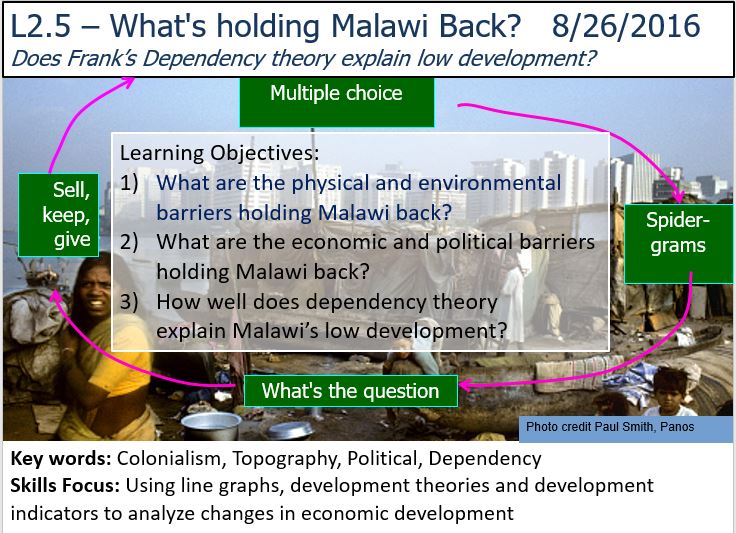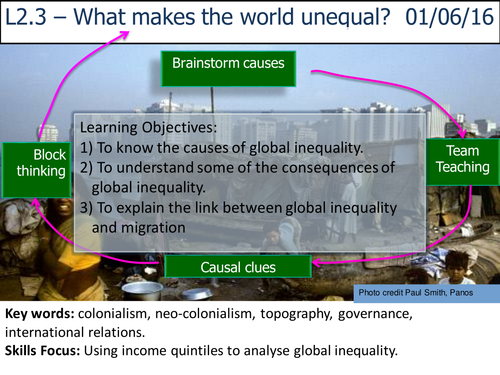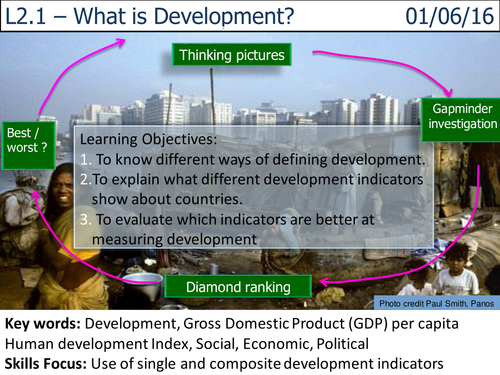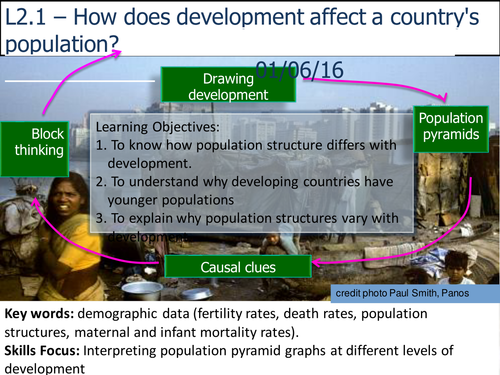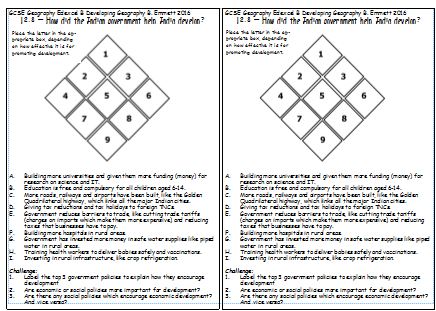Developing_Geography_BME
I am Head of Geography and previously an International Development Advisor for the UK and Rwandan governments, and Oxfam. I am passionate about developing high quality lessons using the latest research and accelerated learning principles. My lessons use an investigative approach to help students explore the real world with real data and make their own decisions. I am currently developing full schemes of work to deliver the new 2016 Geography GCSE and A Levels.









